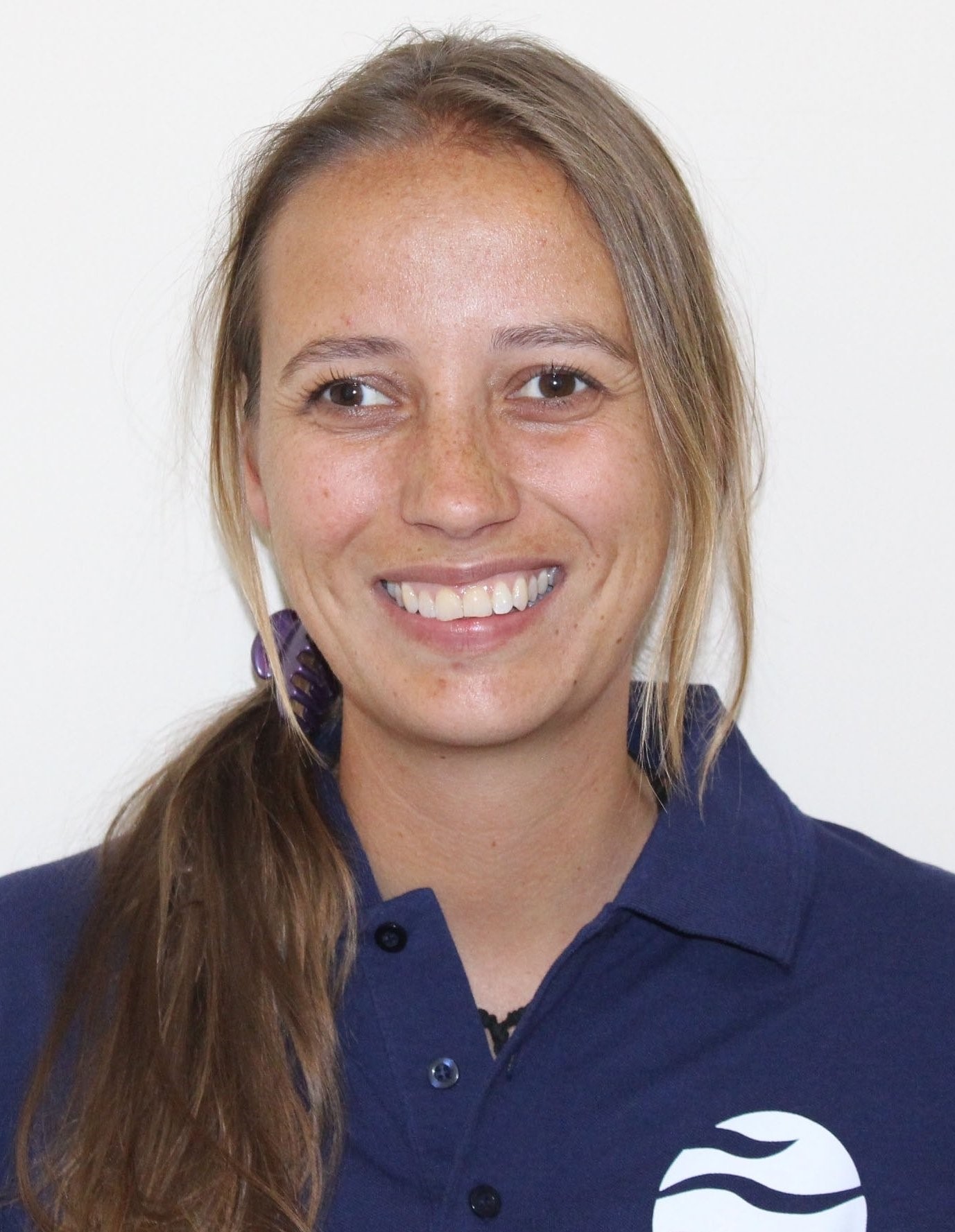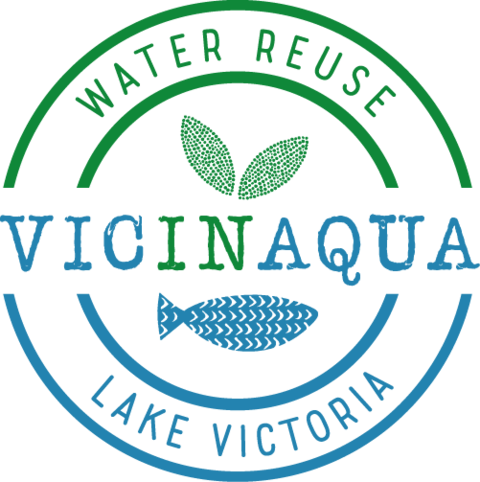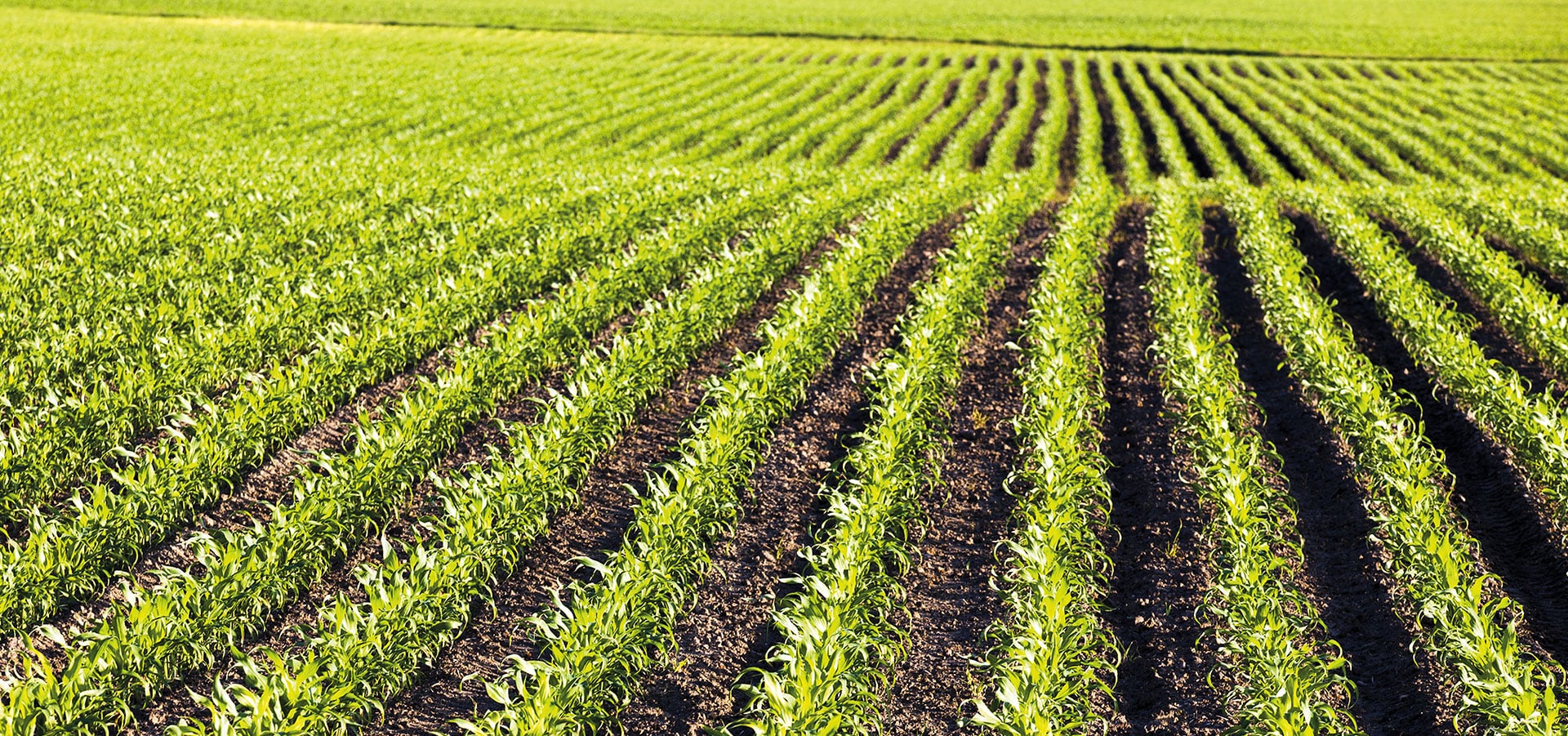Ms. Kyra Hoevenaars, AquaBioTech Group (ABTG), Malta
Role in the VicInAqua project: Partner
Current position: Senior Aquaculture Consultant
Expertise: Hatchery management
Education: MSc Biology

Ms. Kyra Hoevenaars is an Aquaculture Consultant specialized in hatchery management and operations. Kyra has vast experience in setting up and managing aquaculture projects for different species as well as providing training for hatchery, on-growing operations and Best Management Practices in Asia, Africa and Europe. She has been involved in multiple research projects on fisheries and aquaculture and has conducted assessments and audits of aquaculture establishments in different countries. Kyra is also an experienced project manager with skills in financial management, monitoring and evaluation, and capacity building.
Could you describe ABTG’s role in the project?
The AquaBioTech Group (ABTG) has over 20 years of experience in building Recirculating Aquaculture Systems worldwide. ABTG was responsible for the design, installation and construction of the Recirculation Aquaculture Systems for the pilot in Kisumu, Kenya. Our goal was to develop a tilapia hatchery that can serve as a demonstration and training facility while providing quality fingerlings to fish farmers. Besides this, ABTG was leading the work package on the construction of the integrated pilot system and design of an upscaled system. ABTG has also played an active role in capacity building activities with the local communities and dissemination of the project.
What makes the VicInAqua project so innovative from your perspective?
The uniqueness of VicInAqua is that it brings different technologies together and customises these technologies to the local conditions and needs in the project area.
ABTG has been involved in further national and international projects for aquaculture. What convinced you to participate in VicInAqua in particular?
ABTG is always developing innovative technologies and looking for environmentally friendly solutions for aquaculture, and VicInAqua does exactly that. Participation in VicInAqua provided us with the opportunity to develop a network in eastern Africa, a new part of the world for our company with a large market potential. Personally, the VicInAqua concept interests me because it integrates technical elements of aquaculture with social and environmental aspects. It promotes aquaculture as an alternative livelihood and also has plenty of capacity building activities, which is key in these kind of collaborative projects.
Which main challenge(s) have you faced in VicInAqua and how did you cope with / solve them?
I think the main challenge is yet to come; to sustain the activities after the project ends. Our team has been very active in training the partners from DALF who will be utilising the pilot site. By conducting demonstration and training activities, DALF will further promote aquaculture and the other technologies in the region. Finally, together with the African partners, we are applying for future projects to ensure exploitation of the product developed in VicInAqua. These projects will build on the work done in Kenya and aim to expand to other countries.
What good practices have you learned from this project and what new developments will you get from it?
There has been a lot of interest in the integrated system from African and Asian countries. ABTG will use the results of VicInAqua to develop projects for clients working in a similar environment. The water filtration system as well as the RAS technology need to be further simplified to make them attractive for the local market. The final products need to be affordable, long-lasting and easy to operate.
Thank you Kyra Hoevenaars - Looking forward to your progresses!


